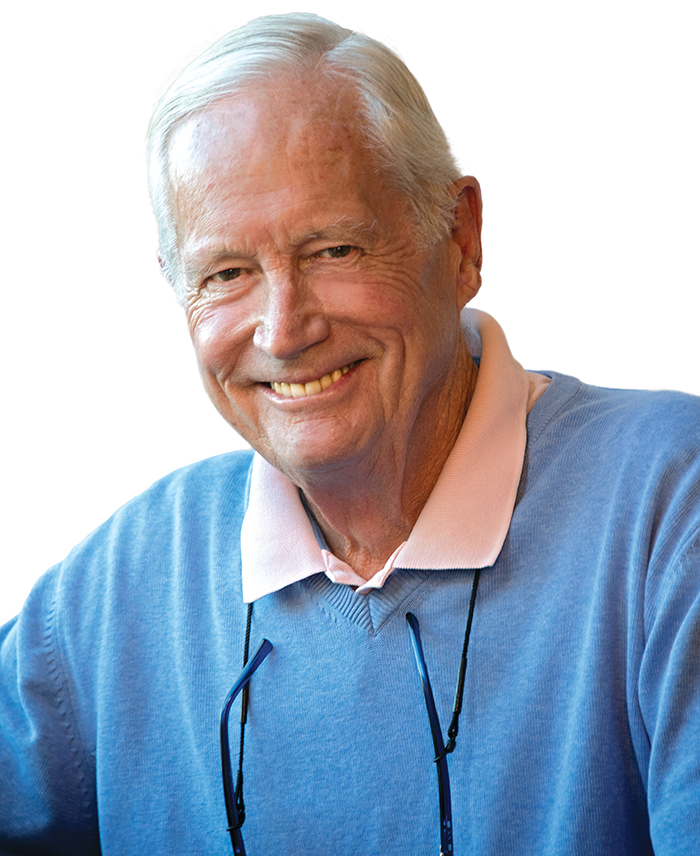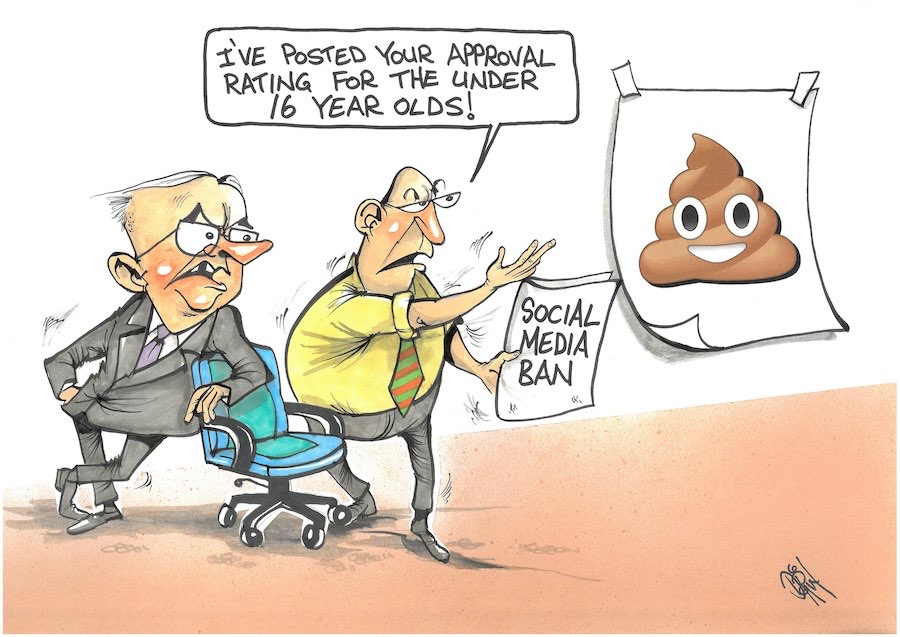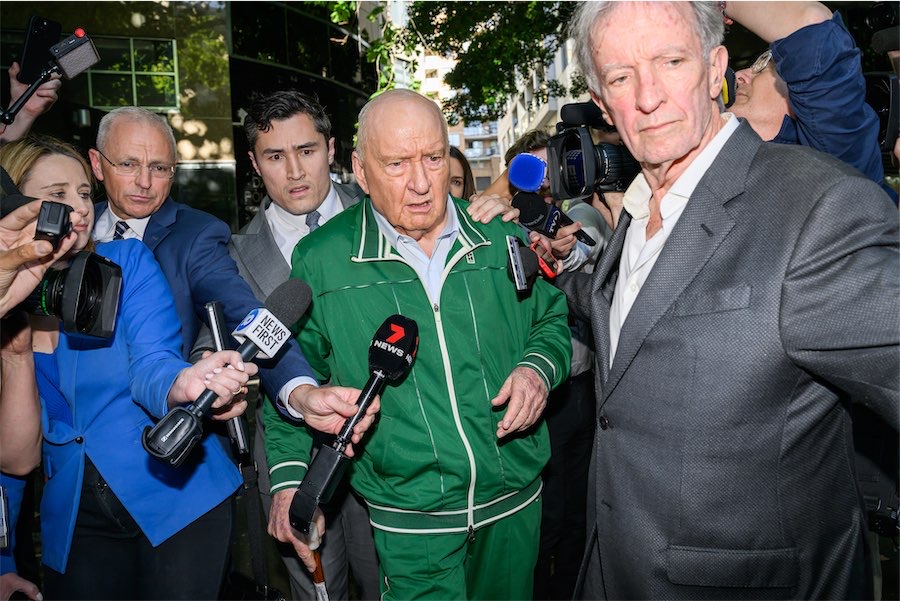
“I remember long ago when I looked forward to collapsing into the sack, reading a chapter of a good book, then just before my eyes closed, flicking off the light and surrendering to the lovely dark,” writes columnist ROBERT MACKLIN.
IT should be as easy as falling off a log. After a hard day’s work, you hit the cot, pull up the sheets, clear the mind, and settle in for seven hours of uninterrupted sleep. Ah, if only…

The reality is very different, and not only for your columnist. Just getting off to sleep – let alone staying in that blissful state – is one of the most troubling problems Australia’s over-60s cohort face today.
The traditional advice begins with avoiding the excitement and disturbing effect of coloured television for an hour before bed. And reading in the cot is a no-no for much the same reason – it can stimulate and prevent that easy submarine descent into the quietude of sleep. I’ve tried both a hundred times, all to no avail.
The sleep experts say: “It’s just a question of relaxing the body. Start with your toes and feet, then bit by bit work up the length of your body, relaxing each part as you go and by the time you reach your neck and head you’re almost there…then, voila, you’ve made it to the Land of Nod.”
Same result: zero sleep. By then, I’m so relaxed, the book I’m writing replays itself indelibly across the pagination of the mind… and dammit, that paragraph opening Chapter 12 doesn’t scan; it just jumbles along without proper direction… but there is a way to fix it, a rearrangement of two sentences will do the trick. Cut and paste and it’s nearly right, and that earlier reference can come out…
Now, of course, it’s necessary to get the mind off the book by thinking about something else. And for an author it’s usually money since we don’t get superannuation. Unless you can crack a bestseller that keeps earning royalties for a generation, you have to keep turning out new and different works on subjects that grab and hold your attention (and affection) for the year it takes to complete 80,000 to 100,000 words. Happily, my non-fiction world of Australian history is overflowing with fascinating stories and amazing characters – more than enough to see out my brief candle. The problem is that the popularity of literary genres is as changeable as haute couture.
For example, when the covid pandemic struck I was halfway into a biography of an extraordinary character – a scientist, anthropologist, war hero who had risked his life a hundred times in support of the Aboriginal cause. His academic colleagues dubbed him “Australia’s Lawrence of Arabia”. A surefire bestseller, or so I thought.
Covid changed everything overnight. For the next two years book buyers wanted nothing but escapist murder mysteries and romance. Publishers responded; non-fiction was anathema; and then the “me too” movement suddenly elevated female subjects (and authors) into the top spot. Suddenly my prospects for the bestseller lists with a non-fiction male subject looked, well, bleak. And he wasn’t even an Aboriginal but a privileged whitefella.
Sleep suffered. (And don’t get me started on the several pee journey interruptions once you do get off.)
Anyway, like many of my over 60s cohort, I took a trip down the pharmaceutical road – first with the chemist’s own over-the-counter concoction they call “Sleep Aid”, then Melatonin from a helpful GP and finally Temazepam. Trouble is, the body gets used to the latter so it has a built-in use-by date. And that’s where so many of us are today… or tonight.
I remember the evenings long ago when I so looked forward to collapsing into the sack, reading a chapter of a good book, then just before my eyes closed, flicking off the light and surrendering to the lovely dark.
Those were the days, my friend, I thought they’d never end…
Who can be trusted?
In a world of spin and confusion, there’s never been a more important time to support independent journalism in Canberra.
If you trust our work online and want to enforce the power of independent voices, I invite you to make a small contribution.
Every dollar of support is invested back into our journalism to help keep citynews.com.au strong and free.
Thank you,
Ian Meikle, editor




Leave a Reply